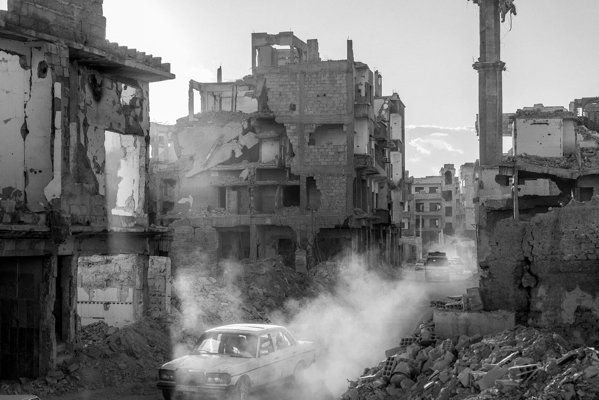The end of the Moroccan “model”: How Islamists lost despite winning
Shadi Hamid, writing for Brookings:
Today, the PJD, despite its success or perhaps because of it, is one of the region’s weakest Islamist parties (at least in electoral terms). Before the Arab Spring, it lost on purpose. After the Arab Spring, it lost by winning. This means that, for the time being, the monarchy has succeeded not only in neutralizing the country’s largest political party but rendered it irrelevant. The PJD was a useful buffer because it could provide the illusion of democratic progress without the substance. What happens, though, when the illusion is revealed for what it is?
This is a serviceable account of the PJD’s rise and fall since the late 2000s, but overall it focuses too much on the constraints the party faced in its strategy of cooptation/competition with the palace (in which, as Hamid writes, it could never win, just steadily attempt to make gains to constrain the room for maneuver of palace) and not enough on the context.
For instance, the PJD’s setbacks cannot only be ascribed to its relationship with the palace, but also several other important contextual factors. One is the changing regional geopolitical configuration and especially the anti-Islamist authoritarian counter-revolution led by two key Arab allies of Morocco, Saudi Arabia and the United Arab Emirates after the 2013 coup in Egypt and more or less supported by its two key Western allies, France and the US. Another is the PJD’s own internal challenges, ranging from rivalry from other Islamist movements (especially Adl Wa al-Ihsan, numerically the largest Islamist movement in the country and the most engaged on Palestine, and the Salafi movement, which was particularly energized over the Syrian uprising) to the diminishing returns it could offer to its cadres and electoral base despite the opportunities to hold elected office and posts in the civil service. Finally, the piece ignores a clever electoral strategy in the last election by parties close to the palace such as the RNI that both appealed to the PJD’s sociological base (on non-religious grounds), revived traditional networks of support among local notables and of course benefited from vast amounts of funding and the tacit support of the interior ministry.
In short, Hamid is too reductionist here in viewing the PJD’s fate as driven mostly by its relationship with the palace, as vitally important as that is, and by being forced to renounce its ideological agenda on Palestine or religion in the public sphere. I’d argue it is just as important to understand the sociological gambit of the PJD as a representative of social classes (mostly lower middle class) that saw it as a vehicle for greater representation, cultural influence and economic access in a highly closed and elitist system. In authoritarian states that have semi-competitive political arenas like Morocco, the paradox is that the “democratic” components of politics has both real and fake aspects. They are dynamic and can be influenced by multiple factors – to reduce things to the palace and the rest is ultimately misleading.








